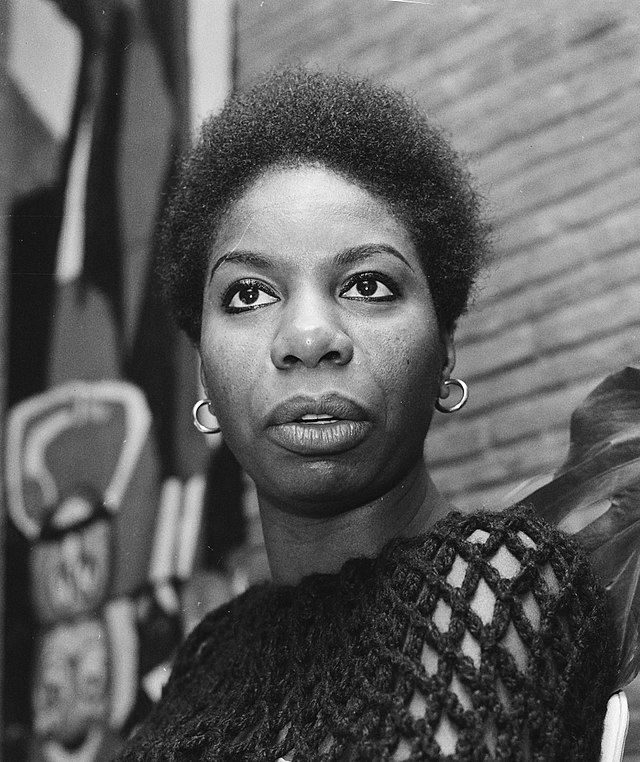Nina Simone remains one of the most important and influential figures in 20th-century music. Her remarkable career blended jazz, classical, blues, and folk influences, creating a sound that was uniquely her own. Though she never achieved a Billboard Number One hit, her impact on music and activism far outweighed any chart position.
Born to poor but musically gifted parents, Simone’s journey began in the church, where she first showcased her extraordinary talent. From an early age, she displayed a strong will and sense of justice. In 1944, at just 11 years old, she refused to perform at a segregated concert until her parents were allowed to sit in their rightful front-row seats. This moment foreshadowed the fierce activism that would define much of her life.
Despite her undeniable talent, Simone faced racial barriers at every turn. After being denied entry to the prestigious Curtis Institute of Music in Philadelphia—an act she believed was due to racism—she found her way into the nightclub scene in Atlantic City. There, her deep, soulful voice and masterful piano playing quickly drew attention. By the late 1950s, she had signed record deals, releasing her debut album Little Girl Blue. However, an unfair contract robbed her of significant royalties, an unfortunate reality in the music industry at the time.
As her fame grew, so did her voice in the Civil Rights Movement. In 1963, Simone achieved a lifelong dream of performing at Carnegie Hall. But that same year, tragic events—including the murder of activist Medgar Evers and the 16th Street Baptist Church bombing—pushed her into direct activism. In response, she wrote Mississippi Goddam, a powerful protest song that condemned racial injustice. Though beloved by audiences, the song was banned across the South, with radio stations returning copies broken in half.
Simone’s activism didn’t stop there. In 1965, she performed for marchers during the Selma to Montgomery March, standing alongside other prominent Black artists like Sammy Davis Jr. She also used her music to support the feminist movement and protest the Vietnam War, proving that her art was inseparable from her beliefs.
Despite personal struggles, including an abusive marriage, Simone never stopped fighting for justice. She lived much of her later life abroad, but her legacy never faded. She continued to inspire generations of musicians and activists until her passing in 2003, after a battle with breast cancer.
Nina Simone was more than a musician—she was a force of nature. Her music, defiance, and unwavering commitment to justice ensure that her voice will never be silenced. Read more about her incredible life here.
Did you enjoy this look back? If so, be sure to check out our other nostalgic posts here, and follow 82 & Up to see all our latest news and information.
